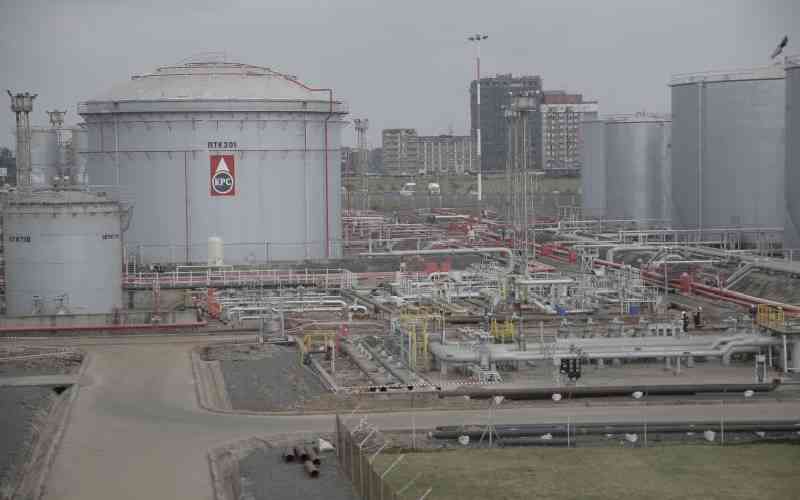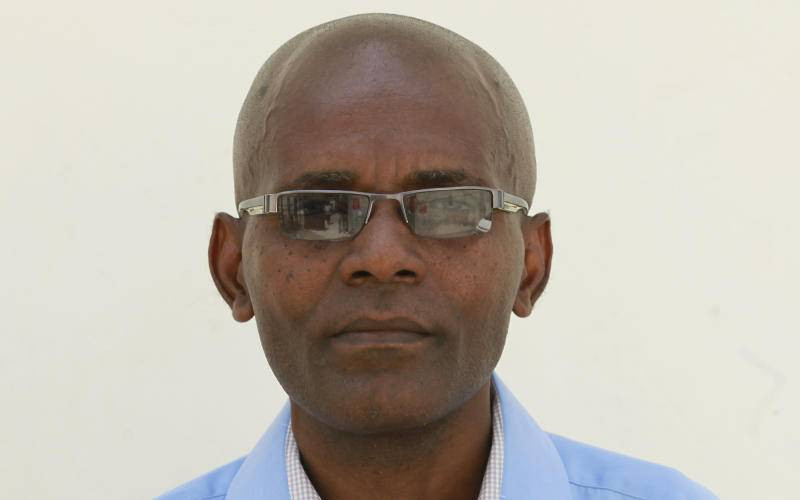
Weak surveillance, fragmented jurisdiction, and poor coordination continue to leave Africa’s borders vulnerable to terrorist exploitation, Dr Raymond Omollo, the Principal Secretary for Internal Security and National Administration has warned.
Speaking at the Fourth Nairobi Caucus on Enhancing Border Security to Deter and Disrupt Terrorist Activity, Omollo said there is urgent need for intelligence-sharing, smart border technologies, and stronger regional cooperation to counter rising threats.
“Across the continent, the terrorist threat landscape continues to rapidly evolve in scope and complexity. Terrorist groups have adopted more sophisticated structures to adapt to counter-terrorism efforts and exploit the existing and emerging vulnerabilities,” he said.
Omollo described terrorism as a national security threat whose growing sophistication has turned borderlands into corridors for recruitment, arms and drug trafficking, and operational maneuvering.
“Over 80 percent of violent extremist fatalities recorded across the continent in 2024 occurred in border-adjacent regions. This geographic concentration of terrorism along the borders is no coincidence; it underscores the significance of borderlands to terrorism. These groups seem to have weaponised our borders against us,” said the PS.
To address the vulnerabilities, the PS gave five proposals: He called for enhanced intelligence and information sharing; urged governments to leverage technology to create smart border infrastructure, including biometric systems, drones, and artificial intelligence-powered analytics.
Others are the institutionalisation of cross-border cooperation mechanisms, including joint task forces, shared patrols, and harmonised response protocols with neighbouring states, embedding border security within a broader governance and development agenda.
“Security and development are mutually reinforcing. Borderlands should be zones of prosperity and must therefore benefit from inclusive development, access to services, and participatory governance,” he said.
Further, Dr Omollo stated the need to empower border communities and integrate them into early warning systems.
“These communities are not passive observers: we must turn them into strategic partners. By integrating them into early warning systems through livelihood support programmes, and civic education initiatives, we build trust and resilience from the bottom up,” said Omollo.
The two-day caucus has drawn representatives from across Africa, including for the first time delegations from West Africa.
Kibiego Kigen, the NCTC Director General said that borders are the front lines of the defence against a persistent and evolving threat.
He stated that terrorist groups are exploiting modern technology, travel networks, and financing systems to move personnel and weapons across countries.
“The threat we face is transnational in nature. Terrorist organisations exploit borders, sophisticated travel networks, and modern technology to move personnel, financing, and weapons. They seek to evade detection and exploit weaknesses in our security architecture,” Kigen said.
Stay informed. Subscribe to our newsletter
The NCTC boss called for the strengthening of intelligence sharing and analysis by adopting real-time systems that allow for integrated, data-driven decision making.
“Our borders are only as secure as the information that informs decision making. We need to move beyond traditional intelligence gathering methods and embrace a more integrated approach,” Kigen said.
Also, he stated the need to modernise border infrastructure and technology. Kigen pointed to drone surveillance, advanced monitoring systems, and secure communication networks as essential multipliers.
“The era of relying on physical barriers and manual checks is proving inadequate. These tools allow us to monitor fast and often difficult terrain, detect threats from a distance, and respond with speed and precision,” said Kigen.







